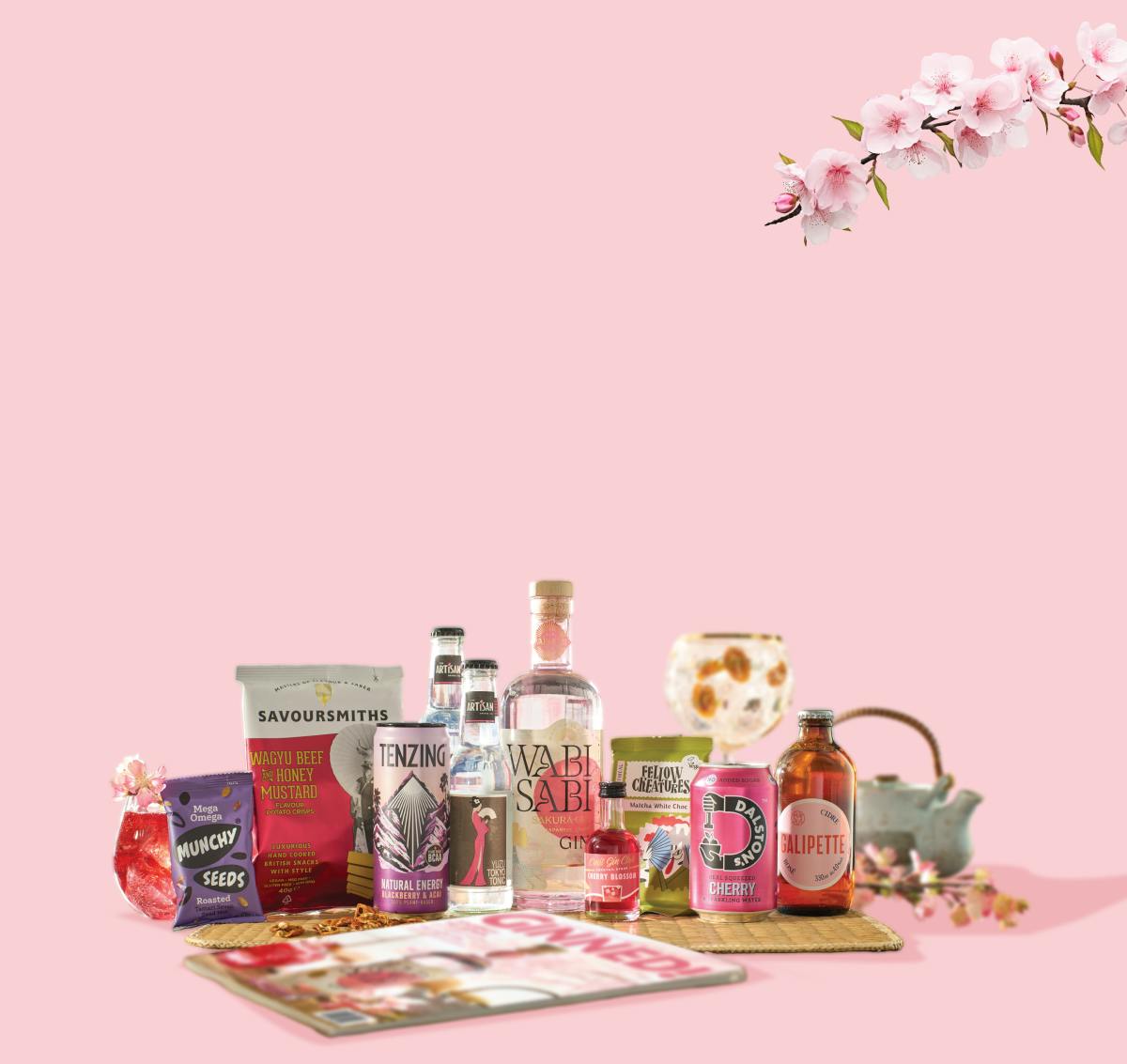Total flexibility, no commitment
A world of unique, crafted spirits
Easy, free and reliable delivery

Cool off with this cold cocktail from the Little Ice Age and Chilgrove Dry Gin
Christopher and Celia Beaumont-Hutchings, the husband and wife team behind Chilgrove Dry Gin, have produced the UK’s only gin made from a grape spirit, an unique ingredient that five hundred years ago was not so unique. Recipes found in Holland dating from the period believed to list gin’s original ingredients include a spirit base made of distilled wine, a base that changed to grain due to climatological reasons. In a period known as the Little Ice Age (LIA), the seasons in Northern Europe became too cold to grow grapes.
The cause of LIA is the subject of much debate amongst climatologists. Some studies cite evolving orbital cycles of the Earth around the sun while others postulate that decreases in human populations at certain periods led to the cooling.
Another plausible theory which for some seems to account for at least part of the cause of LIA focuses on volcanic eruptions. When they get angry, volcanoes spew sulphuric ash into the atmosphere, ash whose particles remain in the sky for years to come blocking some sunlight from reaching the surface and cooling the planet.
Some of the coldest periods over the past 1,000 years coincide with periods of heightened volcanic activity. For instance, by far the largest volcanic eruption of the past millennia in terms of sulphuric emissions took place at Indonesia’s Mount Rinjani around 1257, a year that coincides with what some scientists believe to be the start of the LIA and which occurred in a century when at least three other major explosions are documented.
The most recent gigantic explosion occurred in 1815 at Indonesia’s Tambora. This explosion, which sent more than 100 million tons of sulphur into the atmosphere, preceded what has since come to be known as the “Year without a Summer” of 1816, a year recognised for devastating food shortages in the Eastern United States and Europe and recorded snowfall in July in New England and even in tropical Taiwan.
The Year without a Summer also holds the title of the latest grape harvest on record in Bordeaux with some vineyards starting their vine picking as late as October 28th. In fact, a 2011 study showed that all of the late grape harvests in Europe dating back to 1354 occurred during LIA, particularly at the end of the 17th century and beginning of the 19th century, two periods characterised by several significant volcanic explosions.
Do volcanic eruptions continue to affect fragile grape vines? We don’t have any straight scientific proof. But if renowned wine critic Robert Parker’s palate has any say in the matter, his harsh judgement of the 2011, 2012, and 2013 Bordeaux vintages could put paid to the argument: the vintages occurred after Europe’s largest volcanic eruption in recent history, that of Iceland’s Eyjafjallajökull in 2010







